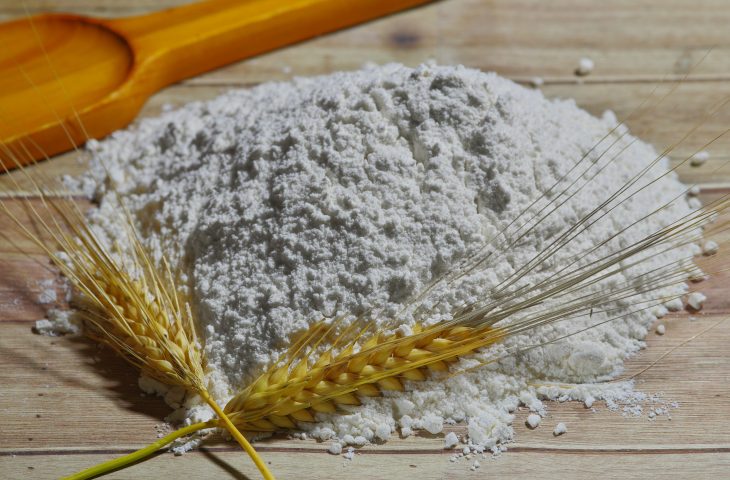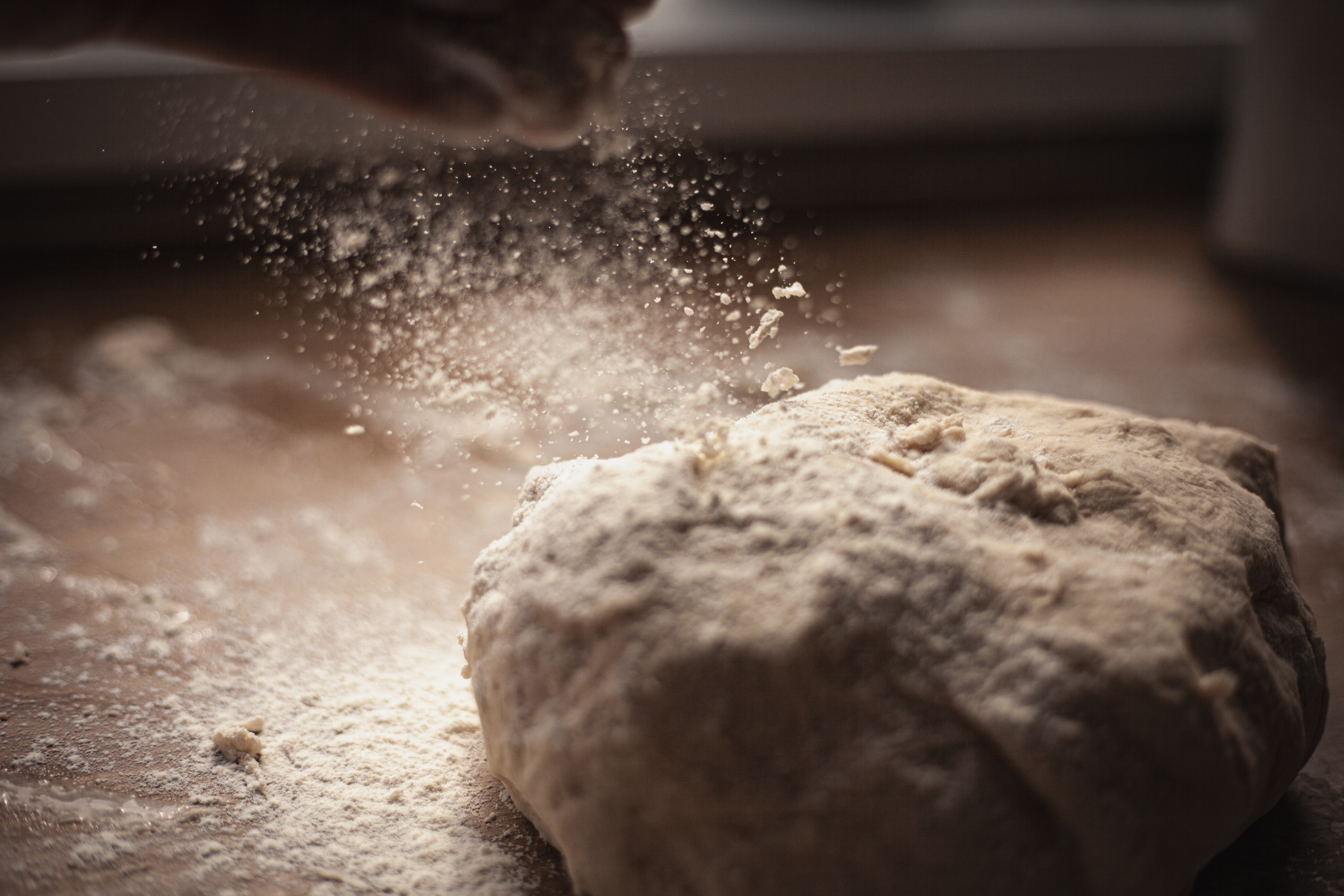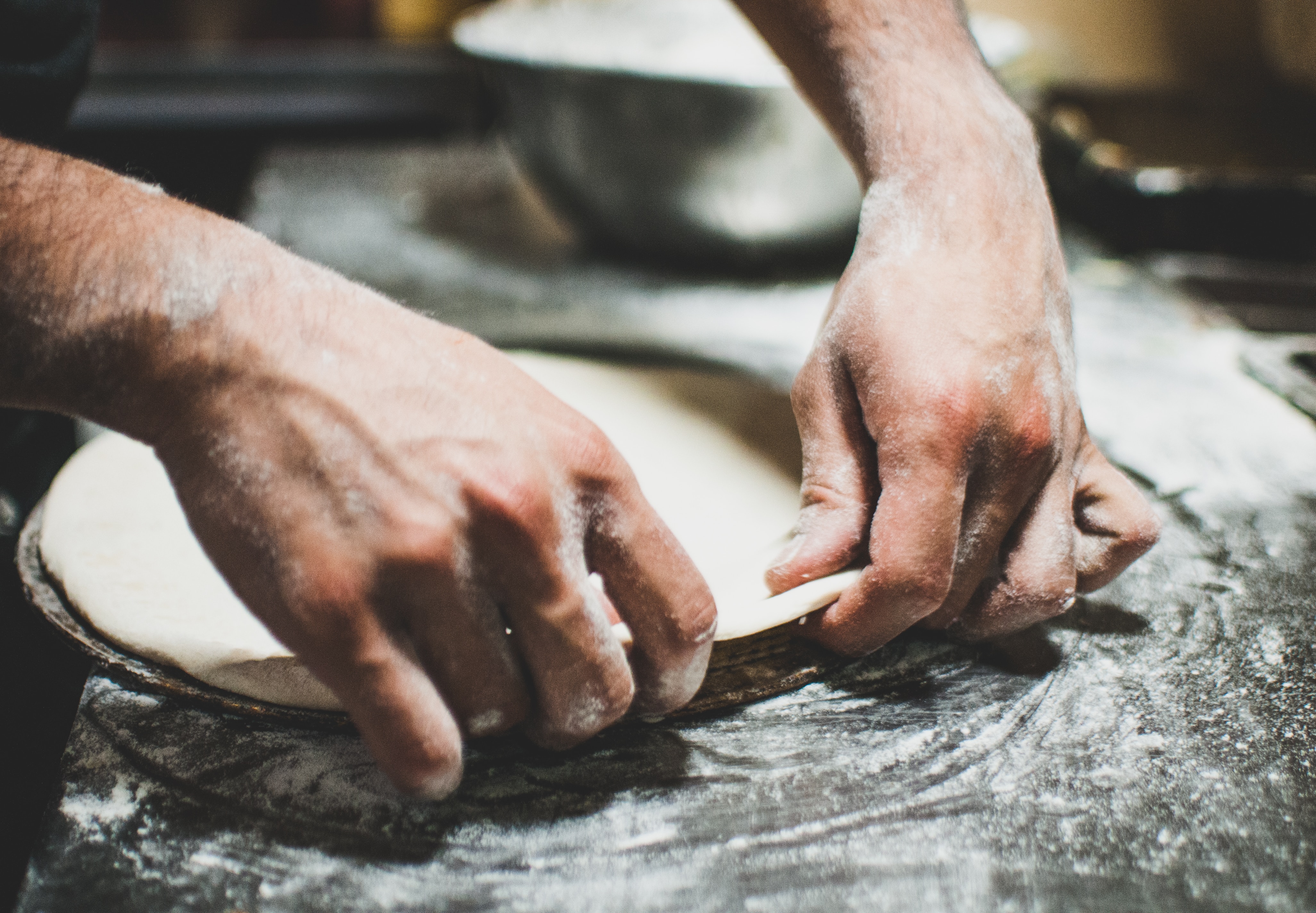
Farina – it might not be a household name, but it’s likely you’ve consumed it, especially if you’ve ever enjoyed a warm bowl of cream of wheat. Known for its creamy texture and versatility, this milled wheat product has been a breakfast staple for decades. However, farina isn’t just a comforting start to the day; it’s also a powerhouse of nutrition. In this article, we delve into 10 farina nutrition facts that make this humble grain worth considering in your diet.
High in Iron
Farina is most famous for its high iron content. Iron is crucial for carrying oxygen in the blood, and a single serving of farina can provide up to 50% of the daily recommended intake of this important mineral.
Packed with B Vitamins
B vitamins play a key role in maintaining our body’s energy supply by breaking down proteins, fats, and carbohydrates. Farina is a valuable source of several B vitamins, including folate, thiamine, and niacin, contributing to overall health.
A Good Source of Protein
While it’s not a protein powerhouse like quinoa or lentils, farina does offer a moderate amount of protein. A single serving provides approximately 4 grams of protein, aiding in tissue repair and growth.

Low in Fat
If you’re monitoring your fat intake, farina is a great choice. It’s naturally low in fat, with less than 1 gram per serving, making it an excellent addition to a low-fat diet.
Energy-Dense Carbohydrates
Farina is a carbohydrate-rich food, providing sustained energy throughout the day. While it’s high in carbs, it’s important to remember that not all carbohydrates are created equal. Farina offers complex carbs, which are digested slower than simple sugars, helping to maintain stable blood sugar levels.
Gluten Alert
While farina offers several health benefits, it’s not suitable for everyone. Farina is made from wheat, making it a source of gluten. Those with celiac disease or a sensitivity to gluten should avoid farina.
High in Fiber
Farina is an excellent source of dietary fiber, which is beneficial for digestive health. A high-fiber diet can help to prevent constipation and promote a healthy digestive tract.

Rich in Selenium
This might come as a surprise, but farina is a good source of selenium. This essential mineral plays a crucial role in cognitive function, immunity, and fertility.
It’s Versatile
One of the joys of farina is its versatility. Its mild flavor and creamy texture make it a perfect canvas for various toppings like fruits, nuts, and sweeteners, which allow you to further enhance its nutritional value.
Mind the Toppings
While farina itself is low in sugar, it is often served with sugar-rich toppings like syrup, honey, or brown sugar. These additions can significantly increase the calorie and sugar content of your meal, so choose your toppings wisely.
Final Word
Farina is a wonderfully nutritious grain that can be a valuable addition to a balanced diet. Packed with essential nutrients like B vitamins, iron, and fiber, it provides many health benefits, contributing to your overall well-being. These 10 farina nutrition facts are truly a testament to its remarkable nutritional profile.
Was this page helpful?
Our commitment to delivering trustworthy and engaging content is at the heart of what we do. Each fact on our site is contributed by real users like you, bringing a wealth of diverse insights and information. To ensure the highest standards of accuracy and reliability, our dedicated editors meticulously review each submission. This process guarantees that the facts we share are not only fascinating but also credible. Trust in our commitment to quality and authenticity as you explore and learn with us.
